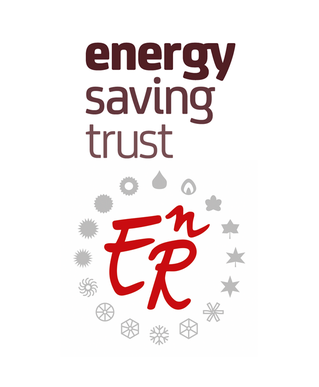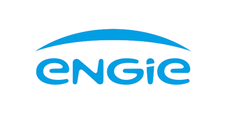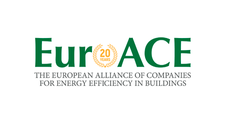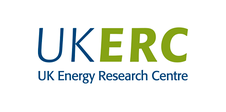Search eceee proceedings
Social energy management for energy efficient building operation
Panel: 8. Buildings: technologies and systems beyond energy efficiency
This is a peer-reviewed paper.
Authors:
David Nestle, Fraunhofer IEE, Germany
Elias Dörre, Fraunhofer IEE, Germany
Jan von Appen, Fraunhofer IEE, Germany
Abstract
The reduction of heating demand in existing buildings represents an essential goal of the German energy transition as a step towards carbon-free building heat supply solutions. To raise awareness of end customers for this challenge, a gamification based energy management approach called sema (Social Energy Management) is presented in this paper. The concept aims at motivating consumers to adjust their heating target temperature when rooms or buildings are not used via heating time programming combined with manual adjustment.
The sema concept integrates game design elements into building energy management. The sema concept was put into practice in a field test from 2016 to 2018. During the field test the sema concept was tested regarding electricity and heat demand of the households. This publication focuses on the evaluation of this field test regarding lowering the heat consumption. The test system is based on the open-source modular software framework for energy management and building automation OGEMA (Open Gateway Energy Management Alliance, https://www.ogema.org), also developed by Fraunhofer IEE. The central feature in each household is the semaBox that visualizes the participants' individual energy consumption. In addition, the semaBox informs the participants about their score, their ranking and the time-variant bonus for efficient heating within the energy gamification contest.
The reduction in heat demand due to the presence-oriented sema-based heat control could be estimated in the order of 5 to 15 % depending on household and building types. An economical assessment of the technology shows that a payback time of less than 5 years is realistic for the majority of the households in the field test.
Downloads
Download this paper as pdf: 8-115-19_Nestle.pdf
Download this presentation as pdf: 8-115-19_Nestle_Presentation.pdf
Panels of
1. The dynamics of limiting (energy) consumption
2. What's next in energy policy?
4. Monitoring and evaluation for greater impact
5. Smart and sustainable communities
7. Make buildings policies great again
8. Buildings: technologies and systems beyond energy efficiency
9. Improving energy efficiency in ICT, appliances and products

























